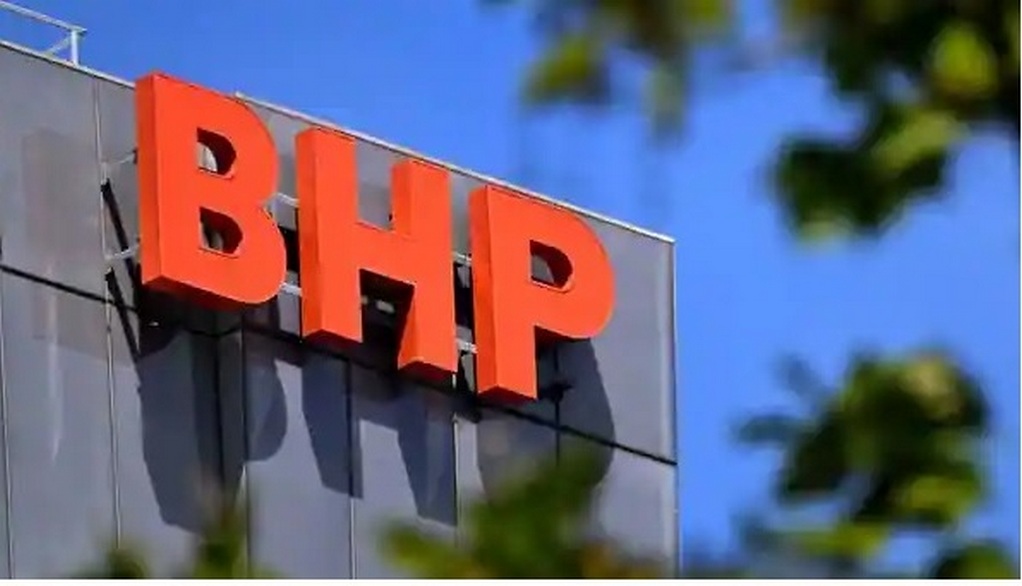Dutch nuclear energy development and consultancy company ULC-Energy BV has completed a study – commissioned by global mining company BHP – to investigate the potential use of civil nuclear technologies to power commercial maritime vessels.
The study compared key characteristics of various civil reactor designs against the requirements for the potential use in commercial maritime shipping and evaluated a range of regulatory, operational and commercial challenges, such as port access, licensing and vessel classification, capital costs, and crew training and certification.
The shipping industry consumes some 350 million tonnes of fossil fuel annually and accounts for about 3% of total worldwide carbon emissions. In July last year, the shipping industry, via the International Maritime Organization, approved new targets for greenhouse gas emission reductions, aiming to reach net-zero emissions by, or around, 2050.
It noted that nuclear energy emerges as a promising alternative to be considered in the mix, offering the potential for longer range, faster transits, and the reduction of refueling requirements, all while maintaining near-zero greenhouse gas emissions for the voyage.
BHP is a leading global resources company with approximately 80,000 employees and contractors, primarily in Australia and the Americas. The company’s products are sold worldwide, and it is among the world’s top producers of major commodities, including iron ore, copper, nickel, and metallurgical coal. As such, it is a major shipping charterer.
Tags: BHP, Cargo Ships, ULC-Energy



Recent Posts
Yara Birkeland Marks Three Years of Pioneering Zero-Emission Maritime Operations
HD Hyundai, Maersk Collaborate on Innovation in Decarbonization and Smart Logistics
First ship to have pioneering sensor installed to measure emissions of particles
Incat Tasmania launches world’s largest battery-electric ship
India to supply 4.12 lakh tonne green hydrogen derivatives to Japan, Singapore
Green hydrogen gets official stamp as India notifies certification scheme
Wärtsilä expands methane slip reduction capabilities by introducing NextDF technology
GS E&C, Amogy, and HD Hyundai Infracore partner with South Korean City Pohang-si